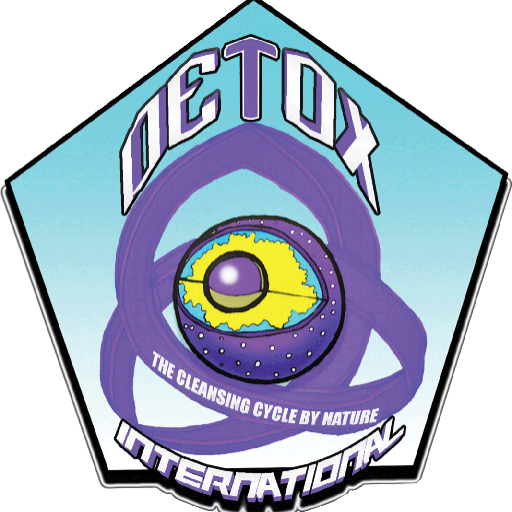Cobalt
100 +/- parts per million
Cobalt is an essential mineral, although the body only needs a small amount. Cobalt is stored in red blood cells with smaller amounts in the kidney, liver, pancreas and spleen.
Research indicates that cobalt helps with the repair of the myelin sheath, increases the effectiveness of glucose transport from the blood into body cells, and increases the assimilation of iron and the building of red blood cells. Cobalt is an important agent of Vitamin B-12; it increases the body’s ability to absorb it. Cobalt stimulates many enzymes of the body and normalizes the performance of other body cells. Because of its low absorption rate and high excretion rate, cobalt toxicity is not common, but an excess can lead to enlargement of the thyroid gland.
Some symptoms of cobalt deficiency:
Digestive disorders
Pernicious anemia
Fatigue
Poor circulation
Myelin sheath damage
Slow growth rate
Nerve damage
Natural sources: raw milk, goat milk, meats, apricots, sea vegetables.

